The meaning of follow-up in intensive care: patients' perspective.
Por um escritor misterioso
Descrição
The study corroborated earlier research that found that patients seek to understand experiences they have undergone and found that the diary as text and photos, in addition to conveying care and love, is important to induce postexperience reflections. The growing understanding of correlations between experiences and memories from a period of intensive care treatment and complaints of mental character has led to the development of various patient follow-up offers. Little, however, is known about what follow-up may mean to patients. The aim of this study was to explore the meaning of patients' lived experience of being followed-up in a programme consisting of patient diaries, post-intensive care unit (ICU) conversations and visits back to the ICU. Field notes were made from encounters with patients (n = 10) during follow-up. Then they were interviewed twice, at about 6 months (n = 8) and at about 18 months (n = 6) after discharge from hospital. The first interview focused on the patients' experience during intensive care and on their reflections on the experience. The second interview had a particular focus on the meaning for each individual of the sources for understanding that they had been offered. The data was analysed by using a hermeneutic-phenomenological approach. The study corroborated earlier research that found that patients seek to understand experiences they have undergone. They search for meaning in experiences and memories. It is realized that the diary as text and photos, in addition to conveying care and love, is important to induce postexperience reflections. It provided guideposts that follow-up conversations could pursue in the patient's quest for meaning. The conversation also provided an opening for, and could in itself be essential to, the patient's willingness to talk about experiences. It allowed the nurse to accompany the patient in his quest for meaning. The return visit appeared to be significant in the patient's quest for meaning. It was via 'feeling' the room that 'things' fell into place. The study is important in elucidating aspects that are beneficial in the patient's follow-up and which lay the basis for further development of existing and new follow-up offers.
:max_bytes(150000):strip_icc()/GettyImages-895087964-7949e17fa32f4dd88d1c3b43f94b1d13.jpg)
Palliative Care: Definition, Scope, Treatment, Criteria

What Is Value-Based Care, What It Means for Providers?

Life in A Psych Ward: What Are Mental Hospitals Like?

Implementation of a mobile health clinic framework for Hepatitis C virus screening and treatment: a descriptive study - The Lancet Regional Health – Americas
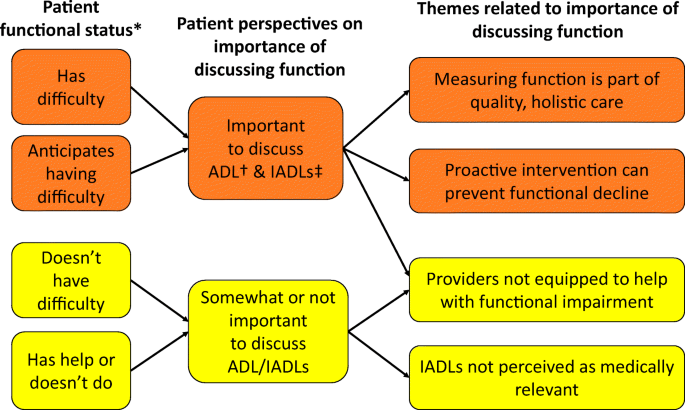
The More They Know, the Better Care They Can Give”: Patient Perspectives on Measuring Functional Status in Primary Care

Maslow's Hierarchy of Needs
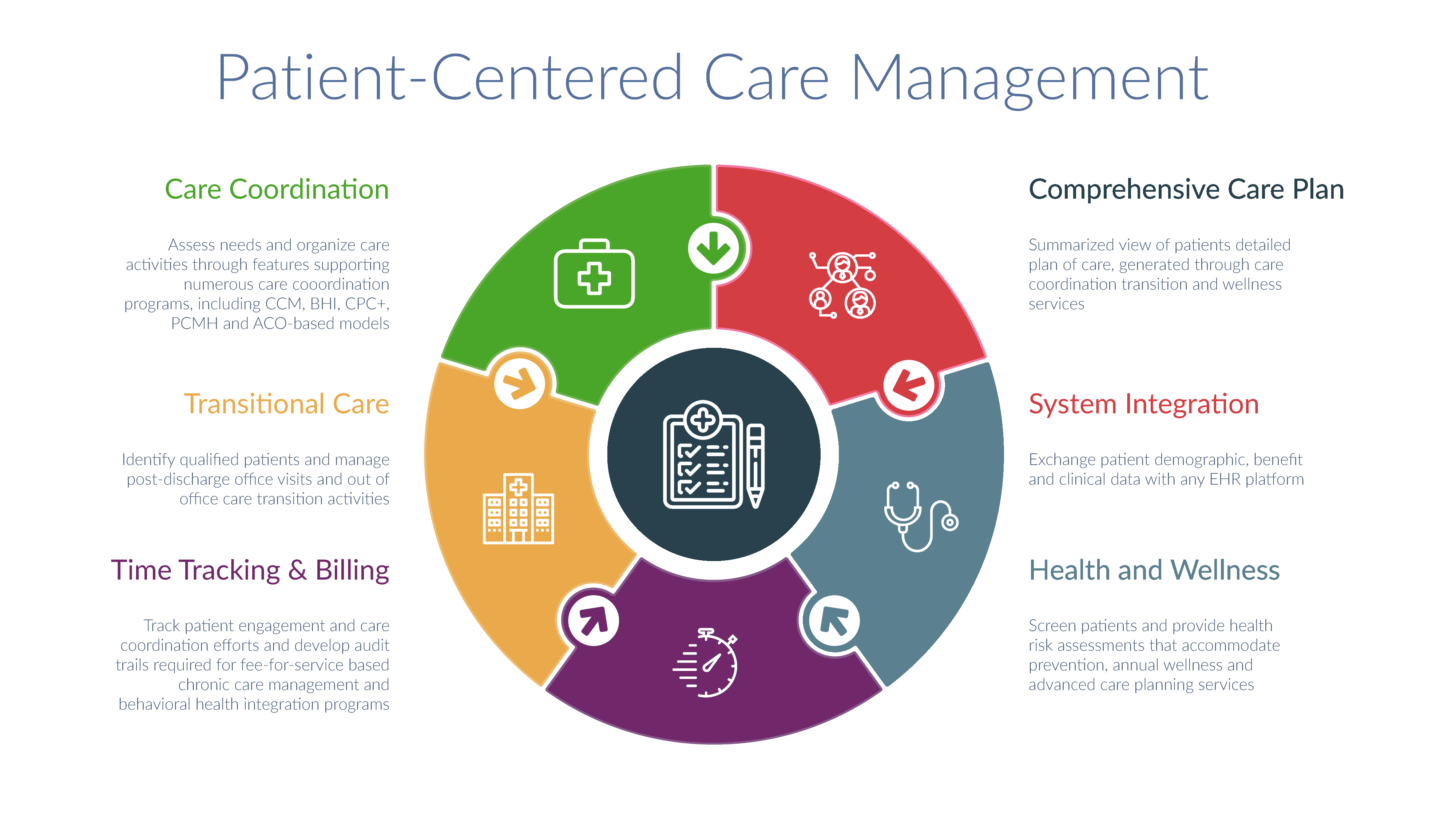
What is a Patient-Centered Care Plan?

The Importance of Interprofessional Collaboration in Healthcare

Care of the critically ill patient - Knowledge @ AMBOSS
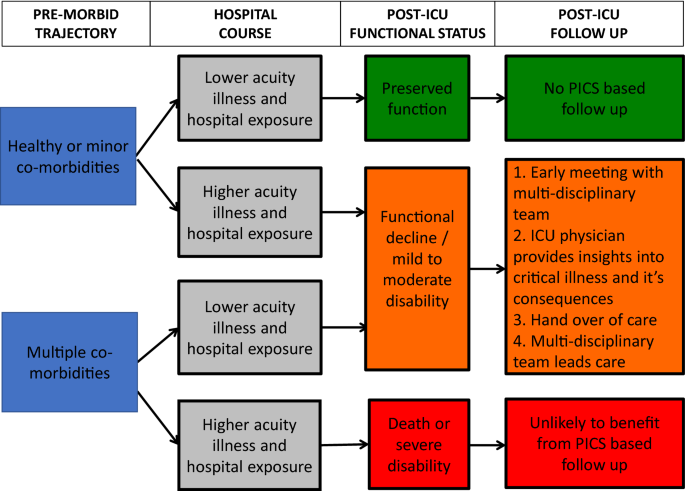
Should ICU clinicians follow patients after ICU discharge? No
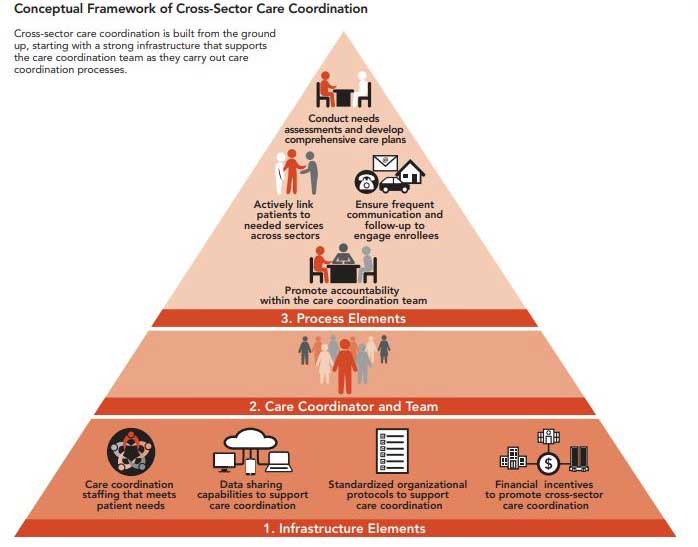
Whole Person Care Makes Progress in Care Coordination, Improving Care for Vulnerable Patients - California Association of Public Hospitals and Health Systems
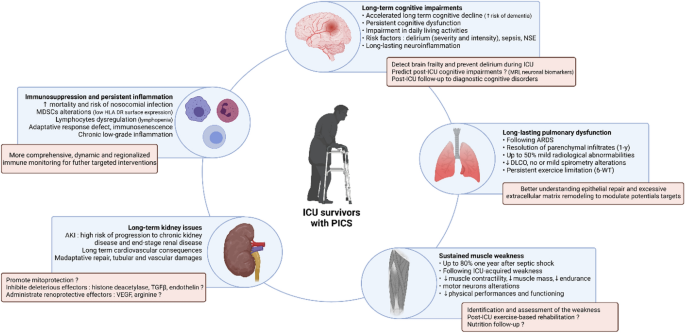
Chronic critical illness and post-intensive care syndrome: from pathophysiology to clinical challenges, Annals of Intensive Care
:max_bytes(150000):strip_icc()/psychotherapy-4157172-FINAL-c8cdb021acb1432d9dffa76a8bfd7f50.png)
Psychotherapy: Definition, Types, Efficacy
de
por adulto (o preço varia de acordo com o tamanho do grupo)






